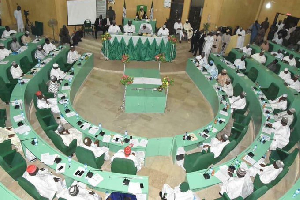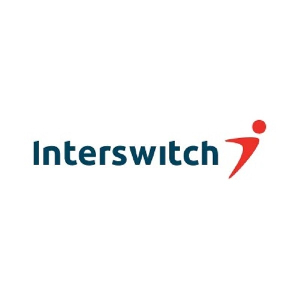The Kano State House of Assembly has passed a new bill aimed at making Hausa the main language of instruction in primary and junior secondary schools across the state.
The legislation, titled the Kano State Mother Tongue (Hausa Language) Education Enforcement Bill, was introduced by Musa Kachako, a member representing Takai under the New Nigeria Peoples Party (NNPP).
Presenting the bill during plenary, Kachako said the initiative followed global best practices in education, pointing to countries like China, Japan, and India, which he said had made major strides in science and technology by teaching children in their native languages from an early age.
He explained that using Hausa as the primary language in classrooms would help pupils understand lessons better, reduce failure rates, and lower the number of school dropouts, adding that the policy would also protect cultural identity and make education more inclusive.
According to Kachako, a legal framework for mother tongue education would lay a stronger foundation for learning and make complex subjects like science and technology easier for pupils to grasp.
After discussion, the Assembly referred the bill to its Standing Committee on Education for further review and recommendations. However, a Kano resident identified as Hon. Red Pen on the social media platform X later confirmed that the bill had been passed.
“The Kano State House of Assembly has passed a landmark bill approving Hausa as the primary language of instruction in all primary and junior secondary schools across the state. This policy aims to strengthen foundational learning and preserve the linguistic and cultural heritage.”
Activist Aisha Yesufu welcomed the development but appealed for a flexible approach to implementation. She suggested that government schools could adopt the policy while allowing room for English-based instruction for those who preferred it. She also called for private schools to retain the freedom to choose their own language policies.
“This is a welcome development, but it should not be for all. They can make it in government schools with room for a few that will be English based that those who prefer English can go to.
Private schools should make their own preferences. “Let English be taught as a strong secondary language so they can learn and communicate.
“In the meantime, children will be able to learn properly instead of going through 12 years of schooling without knowing anything because they are being taught in a foreign language. “Hope all the maths, chemistry, physics, history, government, literature, etc. have been translated to Hausa. This will actually boost literacy and education.”
The bill marks a significant shift in Kano’s education policy, with supporters hoping it will improve learning outcomes and promote the use of indigenous languages in formal education.
This is a welcome development but it should not be for all. They can make it in government schools with room for a few that will be English based that those who prefer English can go to.
— Aisha Yesufu (@AishaYesufu) November 5, 2025
Private schools should make their own preferences.
Let English be taught as a strong… https://t.co/KhyvebXDLV













